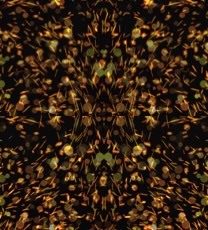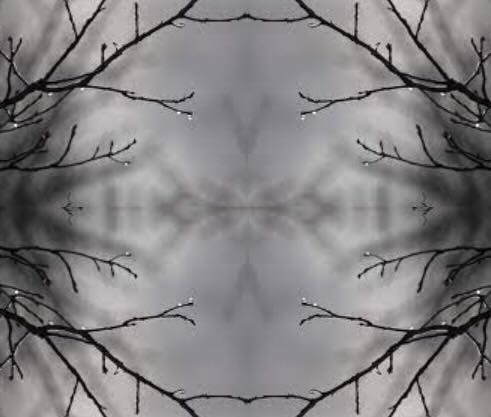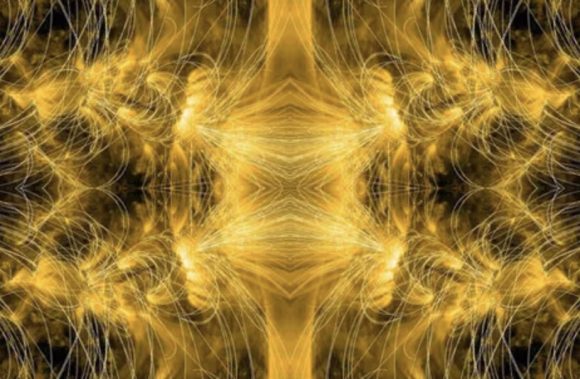
I continue looking into the implied theory of ghosts in Reginald Hill’s short story “There are No Ghosts in the Soviet Union”. Now that we’ve dealt with the pseudoscientific psychobabble, caught up with the underlying metaphysics of persons, and outlined Chislenko’s reasoning, let’s look more deeply into the actual theory of ghosts it implies. 5. As we have seen, that theory has two components:...








